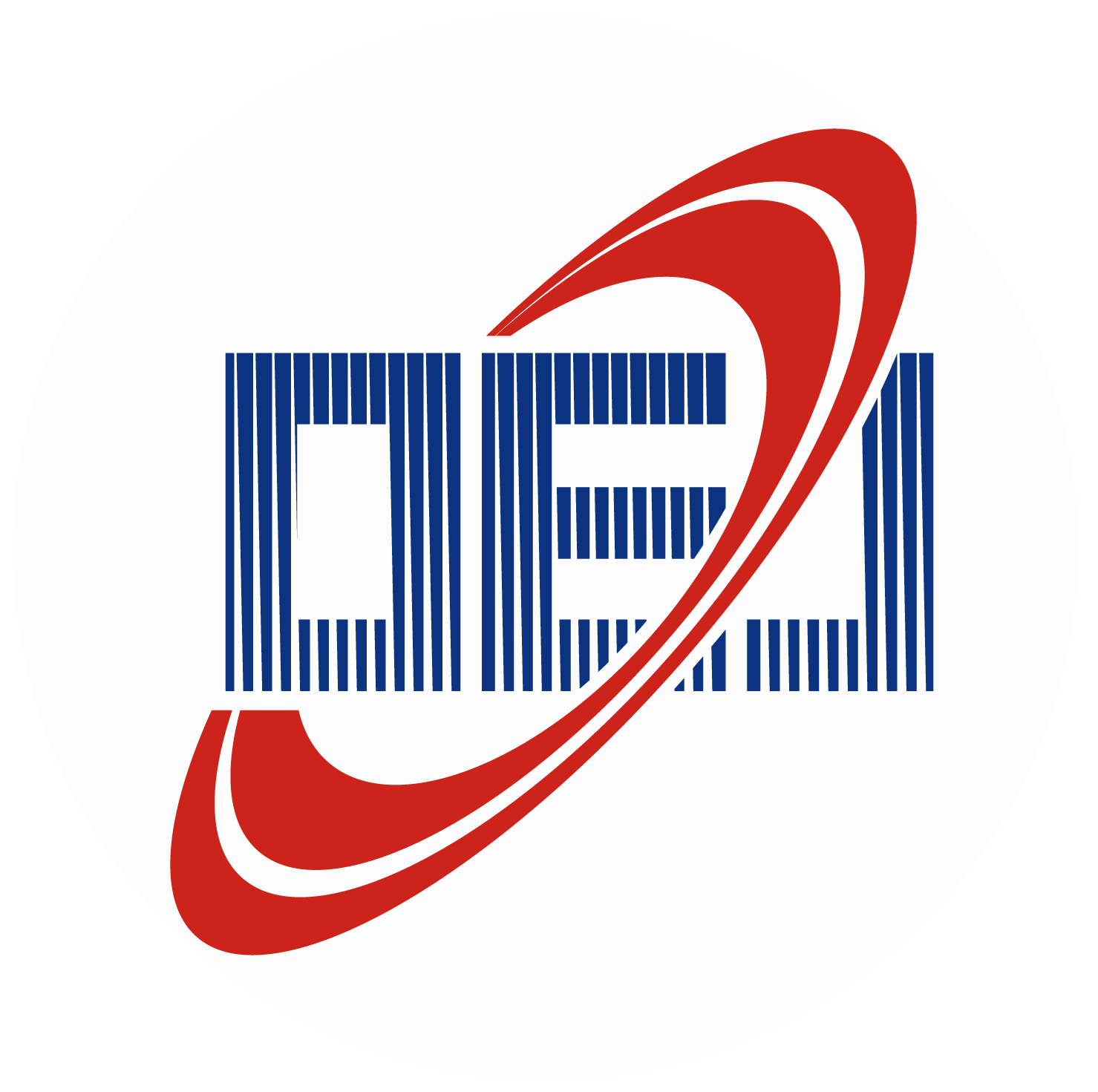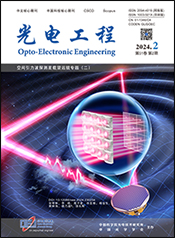2024 Vol. 51, No. 2
Guest editor: Wang Xiaoyong, Beijing Institute of Space Mechanical and Electrical Engineering; Wen Desheng, Xi'an Institute of Optics and Fine Mechanics, CAS; Rao Changhui, Institute of Opto-Eelectronic Technology,CAS; Zhou Zebing, Huazhong University of Science and Technology; Ye Xianji, Sun Yat-sen University (Zhuhai Campus)
Cover story: Song Q L, Li Y, Zhou Z Y, et al. High-precision ground measurement technology research for measuring pointing deviation in space-based gravitational wave detection telescopes[J]. Opto-Electron Eng, 2024, 51(2): 230234
The spaceborne telescope plays a critical role in detecting gravitational waves in space. Given transmission distances of approximately 109 meters between different constellations, there are stringent requirements for nanoradian precision in telescope pointing accuracy. Accurate pointing deviation measurement and calibration are essential prerequisites for achieving high-precision pointing in space-based gravitational wave detection telescopes. To meet the ground testing and sensor calibration needs for space telescopes' pointing deviation, this paper introduces a novel high-precision measurement method based on the Hartmann principle. By utilizing the concept of multi-aperture spatial reuse, this approach mitigates the impact of various sources of random errors, significantly improving the precision of pointing deviation measurements. The paper conducts an analysis and optimization of Hartmann sensor parameters, establishing a quantitative relationship between sensor parameters and pointing deviation measurement accuracy. The research findings demonstrate that the multi-aperture spatial reuse method based on the Hartmann principle can achieve highly precise measurements of telescope pointing deviations, with the accuracy as low as 0.32 nrad. This method offers a feasible approach and serves as a reference for ground testing and in-orbit sensor calibration of space-based gravitational wave detection telescopes.

-
{{article.year}}, {{article.volume}}({{article.issue}}): {{article.fpage | processPage:article.lpage:6}}. doi: {{article.doi}}{{article.articleStateNameEn}}, Published online {{article.preferredDate | date:'dd MMMM yyyy'}}, doi: {{article.doi}}{{article.articleStateNameEn}}, Accepted Date {{article.acceptedDate | date:'dd MMMM yyyy'}}CSTR: {{article.cstr}}
-
{{article.year}}, {{article.volume}}({{article.issue}}): {{article.fpage | processPage:article.lpage:6}}. doi: {{article.doi}}{{article.articleStateNameEn}}, Published online {{article.preferredDate | date:'dd MMMM yyyy'}}, doi: {{article.doi}}{{article.articleStateNameEn}}, Accepted Date {{article.acceptedDate | date:'dd MMMM yyyy'}}CSTR: {{article.cstr}}

 E-mail Alert
E-mail Alert RSS
RSS


